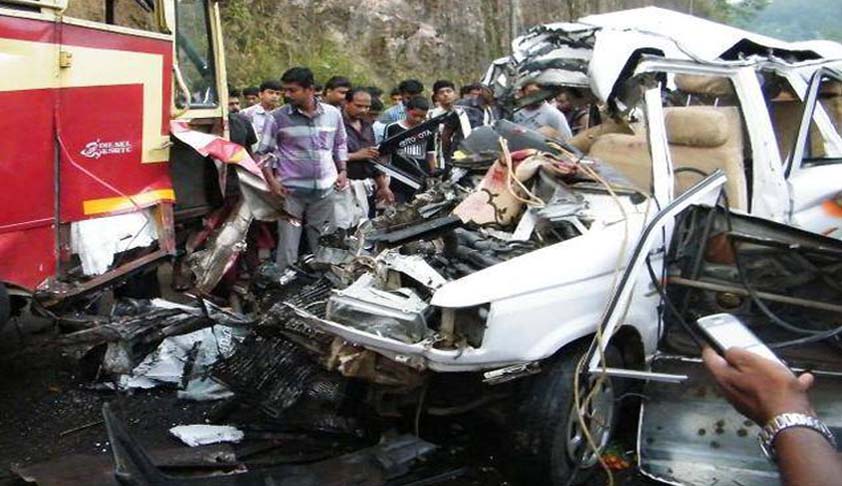Ipc Section Download
Criminal defamation is in news recently for multiple reasons. Questions have been raised on whether defamation should be treated as a civil wrong or criminal offence or both. It is argued that criminalizing defamation has a harsh effect on the right to freedom of speech and expression provided under There are many demands to make defamation only as a civil wrong. However, the Supreme Court’s recent judgment upholding Sections 499 and 500 of the IPC as constitutionally valid has received wide attention, including visible, vibrant, sometimes even vicious criticism. In this article, we analyse the ‘Criminal Defamation’ in India. We will also discuss the way forward. What is defamation?
• According to section 499 of IPC, whoever, by words either spoken or intended to be read, or by signs or by visible representations, makes or publishes any imputation concerning any person intending to harm, or knowing or having reason to believe that such imputation will harm, the reputation of such person, is said, except in the cases hereinafter expected, to defame that person. • Section 499 also cites exceptions. These include “imputation of truth” which is required for the “public good” and thus has to be published, on the public conduct of government officials, the conduct of any person touching any public question and merits of the public performance. • Section 500, which is on punishment for defamation, reads: “Whoever defames another shall be punished with simple imprisonment for a term which may extend to two years, or with fine, or with both.” • In India, defamation is both civil and criminal offence.
GOVERNMENT OF INDIA, MINISTRY OF LAW. Defamation in India – IPC Section 499/500 vs Freedom of Speech. Section 499 of the Indian Penal Code. Even an ironical statement can amount to defamation. Also, since section 499 applies to “any imputation concerning any person,” a criminal suit can be filed even for political speech – which is the most protected. Full text containing the act, Indian Penal Code, 1860, with all the sections, schedules, short title, enactment date, and footnotes.
The remedy for a civil defamation is covered under the Law of Torts. In a civil defamation case, a person who is defamed can move either High Court or subordinate courts and seek damages in the form of monetary compensation from the accused. Also, under sections 499 and 500 of the IPC, a person guilty of criminal defamation can be sent to jail for two years.
What is the difference between civil wrong and criminal offence? • Criminal offences and civil offences are generally different in terms of their punishment.
Criminal cases will have jail time as a potential punishment, whereas civil cases generally only result in monetary damages or orders to do or not do something. But a criminal case may involve both jail time and monetary punishments in the form of fines.
• The standard of proof is also different in a criminal case than a civil case. Crimes must generally be proved “beyond a reasonable doubt”, whereas civil cases are proved by lower standards of proof such as “the preponderance of the evidence” (which essentially means that it was more likely than not that something occurred in a certain way). Why are Section 499 and 500 of IPC challenged? • Section 499 of the Indian Penal Code, 1860 (IPC) states that any person whose reputation has been damaged (or was intended to be damaged) by the material in question has the rights to sue for defamation. • However, these are challenged on the ground of fact that they are violative of the right to freedom of speech and expression provided under Article 19 of the Indian Constitution.
Arguments for why IPC 499/500 should be declared unconstitutional • Sections 499-500 IPC do not constitute a “reasonable restriction” on speech, as commented by many because, to begin with, even truth is not a defence. Even if a person has spoken the truth, he can be prosecuted for defamation. Under the first exception to section 499, the truth will only be a defence if the statement was made for the public good, which is a question of fact to be assessed by the court. This is an arbitrary and overbroad rule that deters people from making statements regarding politicians or political events even which they know to be true because they run the risk of a court not finding the statement to be for the public good.
Ipc Section Download Free

Ipc Section 420
• Second, a person can be prosecuted under section 499 even if he or she has not made any verbal or written statement at all. A magistrate may issue criminal process on the mere allegation that the defendant conspired with the person who actually made the allegedly defamatory written statements. • Third, a person can be prosecuted even for a statement about the dead. While Article 19(2) permits restricting speech in the interests of protecting the private interest in a reputation, restricting speech to protect the reputation of the deceased is excessive and over-broad.
Jive will not function with this version of Internet Explorer. Behringer q802 sub mix. (Please remember to honor your company's IT policies before installing new software!) • • • •. In order to provide the best platform for continued innovation, Jive no longer supports Internet Explorer 7. Please consider upgrading to a more recent version of Internet Explorer, or trying another browser such as Firefox, Safari, or Google Chrome. Attention, Internet Explorer User Announcement: Jive has discontinued support for Internet Explorer 7 and below.





